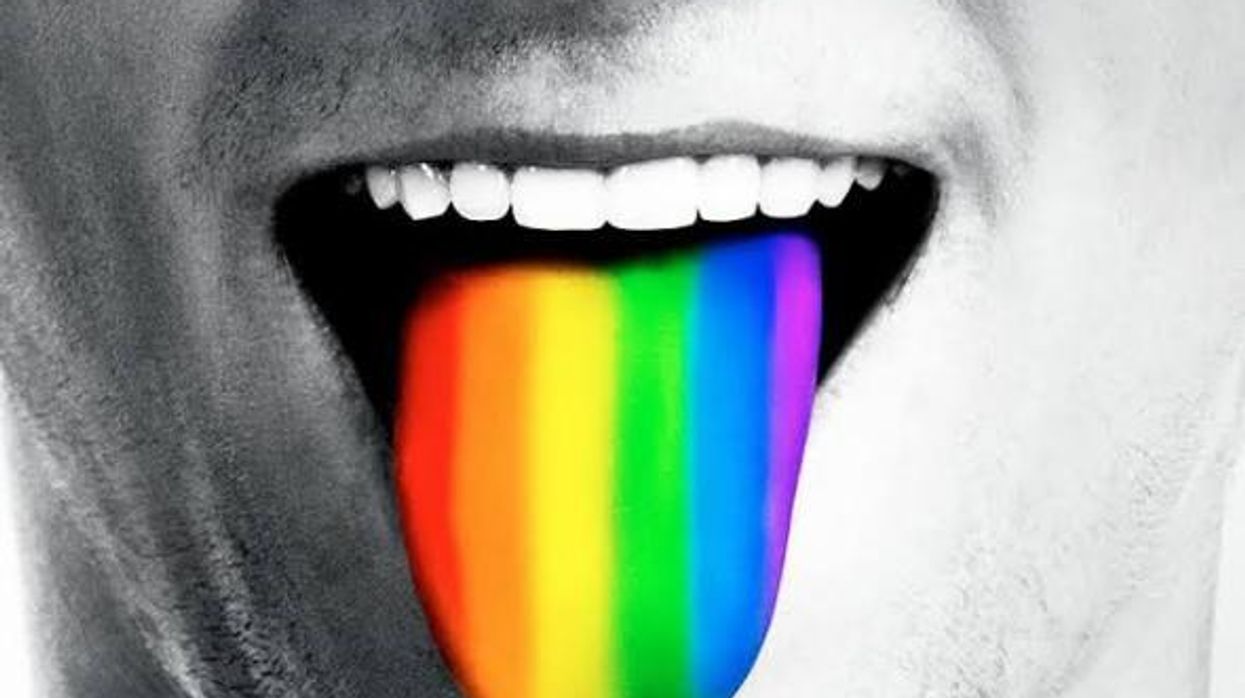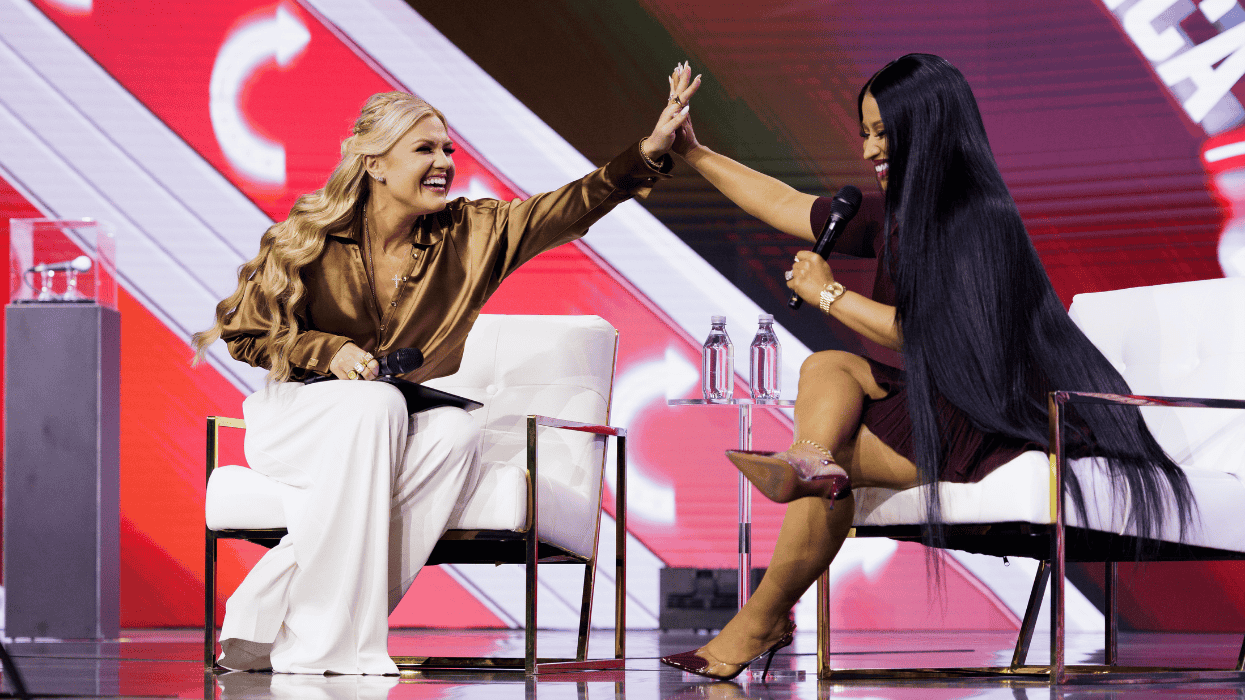A study has shown that men and women with a "gay-sounding" voice are being denied high-level employment opportunities -- as well as entry into heterosexual social circles.
Researchers at the University of Surrey asked 40 straight-identifying men in Italy to determine the suitability and salary of job candidates for a fictional CEO position, based on a photograph and a vocal recording, reports the Daily Mail.
Related | Science Confirms 'Gaydar' Isn't Real, But Stereotypes Certainly Are
The sexual orientation of the candidates was not disclosed. But overall, participants said male applicants with a "gay-sounding voice" were less suitable for the position and should be paid less than those who were "heterosexual-sounding."
Listeners also gave lower evaluations for women with huskier voices, as they "lacked femininity."
"These results demonstrate that the mere sound of a voice is sufficient to trigger stereotyping, denying gay- and lesbian-sounding speakers the qualities that are considered typical of their gender," said Dr. Fabio Fasoli, lead researcher of the study, which was published in the Archives of Sexual Behavior.
"It is revealing, that despite all the work to lessen discrimination against the LGBT community, people subconsciously typecast an individual before getting to know them. This study highlights that it can be a real problem in the workplace and for people's career prospects," he added.
Furthermore, participants said they would be less likely to socialize with "gay-sounding" speakers, who they predicted to be less interested in "typically masculine" activities like football.
"This study demonstrates that unacceptable levels of discrimination, be they subconscious or conscious, still exists in our society, and we need to do more to tackle the discrimination faced by the LGBT community," Fasoli said.
A 2015 documentary, Do I Sound Gay? examined the causes and veracity of "gay voice," a gender-nonconforming way of speaking that some use to identify queer people, even before disclosure of sexual orientation and gender identity. The "gay voice," it found, was not limited to gay people, many of which are also "heterosexual-sounding."































